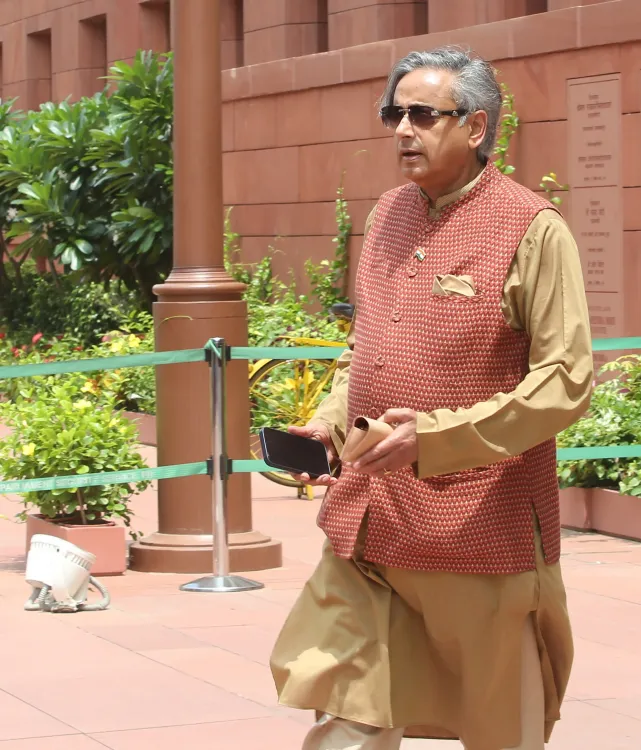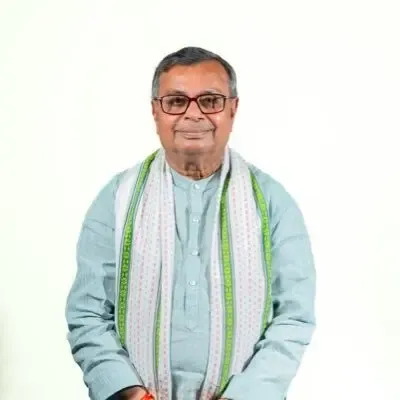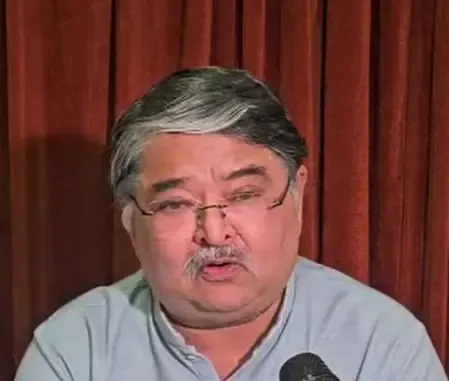Has Shashi Tharoor Applauded the Centre’s Addition of Over 10,000 Medical Seats?

Synopsis
Key Takeaways
- 10,023 new medical seats to be added in government colleges.
- Investment of Rs 15,034 crore approved by the Union Cabinet.
- Significant growth in India's healthcare education infrastructure.
- Over 69,352 new MBBS seats added in the last decade.
- Efforts to retain talent and prevent 'brain drain.'
New Delhi, Sep 25 (NationPress) Congress MP Shashi Tharoor expressed his support for the Central government’s initiative to enhance the capacity of government medical colleges by adding over 10,000 new medical seats in the coming years, emphasizing that this will significantly contribute to transforming the local medical landscape and mitigate the issue of ‘brain drain’.
The Union Cabinet, led by PM Modi, approved an ambitious proposal worth Rs 15,034 crore on Wednesday, which includes the addition of 5,023 new MBBS seats and 5,000 PG seats.
This initiative is part of Phase-III of the Centrally Sponsored Scheme (CSS) aimed at bolstering and upgrading existing state and central government medical colleges, standalone PG institutes, and government hospitals.
The expansion is anticipated to greatly enhance the healthcare workforce by providing opportunities for thousands of aspiring doctors to pursue their medical careers within the nation.
Praising the government’s groundbreaking decision, Tharoor remarked, “The Government of India’s initiative to introduce 10,023 new undergraduate and postgraduate seats in government medical colleges over the next four years is a commendable and significant step forward.”
He pointed out that the severe shortage of affordable medical seats has compelled many aspiring doctors from middle-class backgrounds to seek education abroad, often in countries with dubious educational standards.
“This initiative is vital for ensuring affordable quality medical education within India and retaining talent and resources,” the Congress MP emphasized.
Tharoor also urged the government to persist with this capacity expansion to meet the rising demand from those unable to afford private medical education.
He stressed the importance of ensuring that the medical aspirations of young Indians are not thwarted by the scarcity of affordable seats.
Importantly, India’s healthcare education and workforce infrastructure has experienced remarkable growth in recent years. Currently, India boasts 808 medical colleges, the highest globally, with a total intake capacity of 1,23,700 MBBS seats.
In the past decade, over 69,352 new MBBS seats have been added, reflecting a growth rate of 127 percent.









